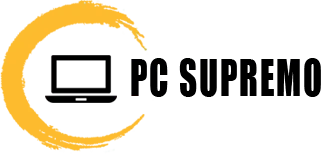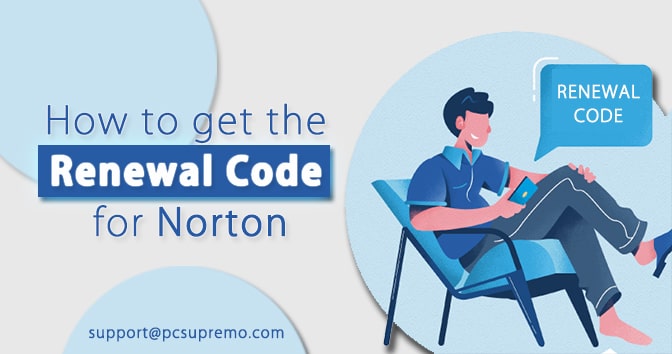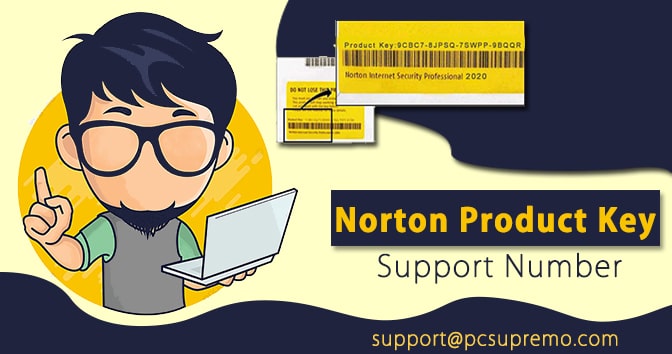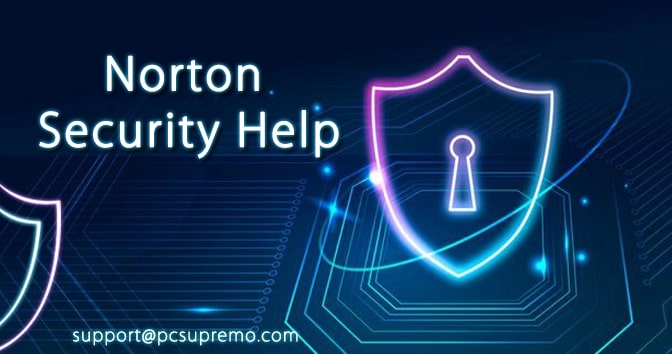Scammers use various techniques for Norton security scams for monetizing their spam emails.
One is to cheat the recipient to believe that their antivirus software expires (or has expired) and updates their license through the website link provided.
If successful, evil affiliates (scammers behind this email) get commissions from sales (antivirus updates).
Email of this type must be ignored. It is essential to mention that most solutions tell their users about expired licenses through notifications from software. Although, some companies send reminders about permits that are expired via email.
Scammers behind this email cheat the recipient to believe that the installed Norton 360 has expired (or it will end in 24 hours) and update antivirus through the website link provided for renewing Norton.
In addition, they encourage the recipient to do it as soon as possible: Scammers claim that if the recipient updates the Norton license on the same day, they will get a 50% discount.
It is essential to mention that these emails are often not targeted: even users who do not have Norton products installed on their computers receive the email.
As mentioned in the introduction, Scammers sent these emails to scare recipients to buy Norton licenses to get commissions from sales.
Please note that legitimate companies do not allow affiliates to promote their software or other products using misleading, fake advertising, or other cheating methods for the Norton renewal scams.
Some examples of email fraud used by cybercriminals (or still used) to cheat the recipient to provide personal information or install malware are “Email Scam’s Work Rewards,” “Budapest Email Virus,” “Banco de Espana Email Scam,” and “Minister of Dello Sviluppo” and “Economico email virus.”
Contents
How does the spam campaign infect a computer?
The recipient installs malicious software via email after opening a dangerous attachment or file that they have downloaded through the link in the email Malspam.
As mentioned in the previous paragraph, to cheat the receiver into opening files in the email mall received, Cybercriminal disguises them as an important letter from a legitimate company for Norton internet security renewal.
In most cases, such emails are used to cheat the recipient to open Microsoft Office, PDF documents, files that can be executed such as .exe, zip, rar or other archive files, JavaScript files.
Need to mention that evil documents do not install malware unless the user activates macro (editing/content).
This is because MS Office 2010 and a newer version have “protected display” modes, which automatically prevent malicious documents from infecting computers.
Although, the document opened with the old version of installing malware without asking any permission.
How do I avoid installing malware?
It is recommended to download files or programs from the official page, trustworthy and direct download link.
It may not be done using third-party downloaders, unofficial sites, or other channels mentioned in previous paragraphs. Users may not use third-party installers as a tool to install any software too.
The installed program has been updated and activated correctly: with a tool or function of their official developer.
Unofficial third-party tools should not be used: they can be bundled with malware and are invalid to activate the licensed program (or use pirated software).
Also, it is essential to remember that attachments and links in irrelevant emails received from suspicious and unknown addresses tend to be evil.
Therefore, it is necessary to ensure that it is safe to open attachments or click the link in the email before actually doing it.
In addition, it is recommended to run virus scan regularly and use antivirus or anti-spyware software that has a reputation for Norton’s internet security renewal.
How do I remove malware manually?
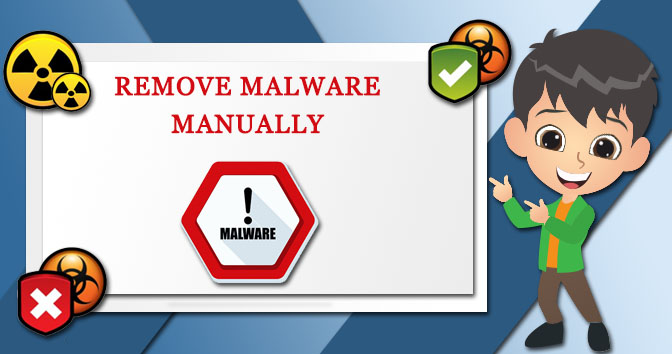
The elimination of manual malware is a complicated task – usually, the best is to allow antivirus or anti-malware programs to do this automatically.
To delete this malware, we recommend using the Antivirus Cleaner Combo for Windows. Start your computer in safe mode.
Click Start, click Turn Off, click Restart, click OK. During starting your computer, press the F8 key on your keyboard several times until you see the Windows Advanced Options menu, and then select Safe Mode with the network from the list.
Starting Windows 8 is a safe mode with the network – Go to the Windows 8 Start screen, type Advanced, in the search results, select Settings.
Click Advanced Startup Options; in the “General PC Settings” window that opened, select Advanced Startup. Click the “Restart Now” button for Norton’s internet security renewal.
Your computer will now restart to the “Advanced Startup Options menu.” Click the “Troubleshoot” button, then click the “Advanced Options” button. On the Advanced Options screen, click “Startup Settings.”
Click the “Restart” button. Your PC will restart the startup settings screen—Press F5 to boot in safe mode with the network.
Also Read this – [Resolved] How To Fix Norton Error 3039?
Frequently Asked Questions
1. Why am I getting Norton pop-ups?
However, if you continue to look at pop-ups like the “Your Norton subscription has expired today” pop-up scam, then your computer might be infected with malicious programs, and you need to scan your device for adware and delete it.
Norton internet security renewal other unwanted programs may be installed without your knowledge.
2. How do I get rid of fake Norton antivirus pop-ups?
To remove the pop-up “Norton Security Scan” fake:
Step 1: Scan your computer with AdwCleaner.
Step 2: Scan your computer with anti-malware Malwarebytes.
Step 3: Re-check for malware with HitmanPro.
3. Does Norton protect from viruses?
Your PC is infected with five viruses “fake error messages are fraud that is proven to cheat you to think that Norton Antivirus is installed on your computer and that the license has expired.
4. Does Norton antivirus automatically renew?
Norton is rubbish. This is the worst antivirus product that is currently on the market. At one time, it was fine – before Symantec took over. Norton acts more like a virus and roots deep into your system.
Norton Antivirus Plus gets an impressive score in independent laboratory tests and our direct tests and offers many valuable features.
However, it is expensive and does not offer offers for several computer households.
